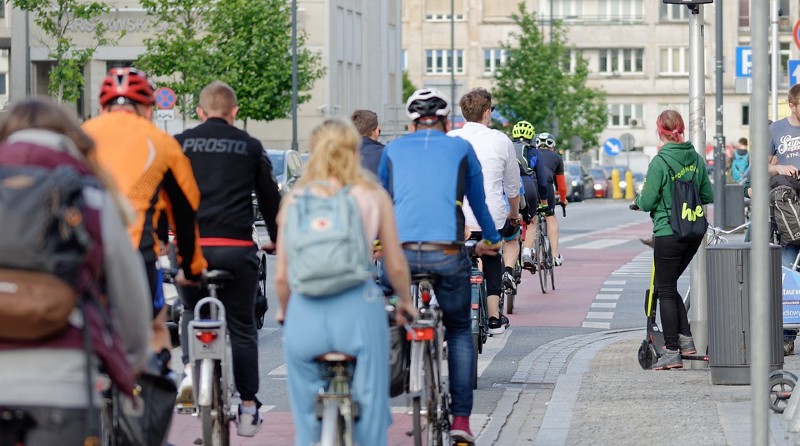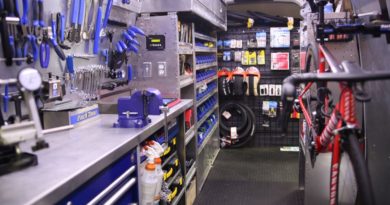Can Covid-19 shift UK towards sustainable transport long term?
A webinar hosted by independent thinktank and charity, Green Alliance, brought together experts from across the cycling and transport sectors to discuss whether the Covid-19 pandemic will shift the UK towards sustainable transport in the long term, versus the possibility of an inevitable slide back into pre-pandemic habits.
The webinar panellists included: Chris Boardman, Walking and Cycling Commissioner for Greater Manchester; Shirley Rodrigues, Deputy Mayor for Environment and Energy at the Greater London Authority; and Jillian Anable, Professor of Transport and Energy at the Institute for Transport Studies, University of Leeds.
Lasting an hour, the webinar consisted of statements by the panellists followed by a Q&A.
Some of the themes touched on during the discussions included how policy makers, advocates and industry communicate with people, the language used to outline the benefits of active travel as a form of transport, and how it could benefit them to switch out some of their journeys by car in favour of cycling or walking.
The concept of a UK-wide ‘Green Recovery’ surfaced, with the aim being to come out the other side of the crisis with a greener approach to building back transport, the economy, health impacts and tackling the climate emergency – all of which cycling can play its part in contributing to.
There were concerns, though, that the benefits of this new cycling boom brought on by the pandemic may not be ‘locked in’ once things start to return to normal, and that car use may actually increase as a result of lack of faith in and willingness to use public transport. As capacity issues creep in regarding public transport once more people start going back into work, what substitutes will people turn to instead, and how can we make active travel a viable, attractive option versus a car?
One of the reoccurring themes within the discussion centred around temporary measures that have been brought in over the last couple of months, such as temporary bike lanes, and encouraging councils and local authorities to experiment with these while they have the opportunity to. The idea being, once councils and the public alike can actually see and experience the benefits these changes bring to their own lives, to make them permanent once the crisis eases.
Other questions mentioned equal opportunities for access within the transport system, and how cycling can pay its role in facilitating a fairer system for those who need it most.
While the webinar presented a largely positive take on the opportunities presented to the cycling industry, advocates and policy makers in how to best lock-in the benefits of what the Covid crisis has revealed, there was also a cautionary element which reminded webinar attendees of the real scale of what needs to be achieved from a climate emergency point of view, if the UK is to hit is 2050 targets.
Similarly, it is essential that the health, safety, economic, environmental and lifestyle benefits, which the pandemic has revealed can be achieved, are properly seized and capitalised upon with tangible changes in infrastructure, funding and policy.
The webinar can be listened back to here. Read more on this in the next issue of the CyclingIndustry.News Trade Journal.



